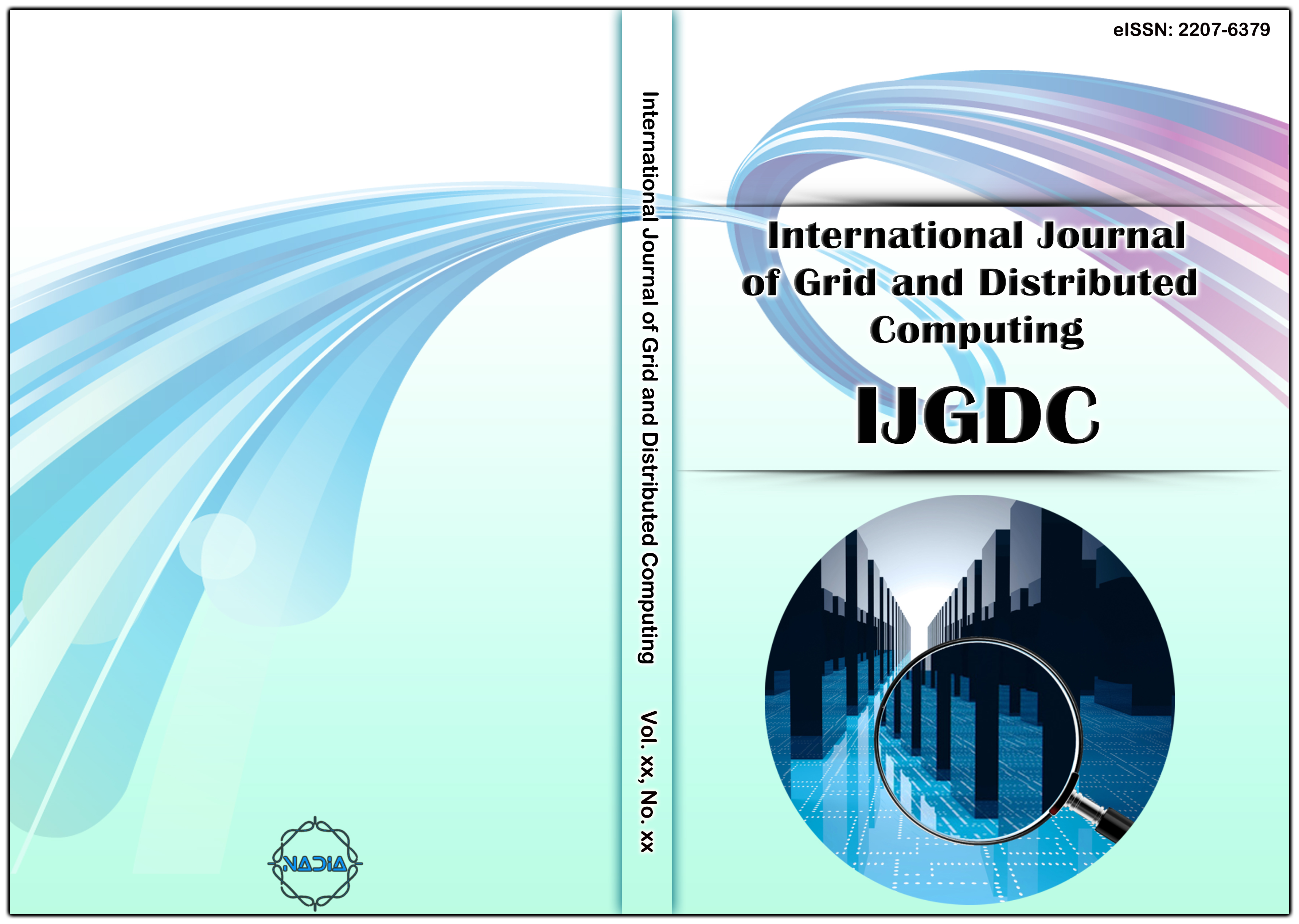[1] Carrasco, R. A., Iyengar, G. and Stein, C., “Energy-aware scheduling: minimizing total energy cost and completion time by α-points and α-speeds”, Eraerts (2011).
[2] Albers, S., “Algorithms for energy management," International Computer Science Symposium in Russia, 2010, June., pp. 1-11. Springer, Berlin, Heidelberg.
[3] Bunse, C., Höpfner, H., Mansour, E. and Roychoudhury, S., Exploring the energy consumption of data sorting algorithms in embedded and mobile environments. In 2009 Tenth International Conference on Mobile Data Management: Systems, Services, and Middleware, 2009, May, pp. 600-607. IEEE.
[4] Mehta, R., Owens, R.M., Irwin, M.J., Chen, R., and Ghosh, D., 1997, August. Techniques for low energy software. In Proceedings of 1997 International Symposium on Low Power Electronics and Design, pp. 72-75. IEEE.
[5] Bunse, C., Höpfner, H., Roychoudhury, S., and Mansour, E., 2009, July. Choosing the" Best" Sorting Algorithm for Optimal Energy Consumption. In ICSOFT (2) pp. 199-206.
[6] Luo Yonghua, Wu Jiawei, Qiu Shangming, "Energy-Aware Wireless Sensor Network Low Energy Consumption Full Network Coverage Algorithm," International Journal of Grid and Distributed Computing, 9.7, (2016),73-82.
[7] Alonso, R., and Ganguly, S., 1992. Energy-efficient query optimization. In Matsushita Info Tech Lab.
[8] Agarwal, K.K., Bodin, W.K., Hussaini, M.S. and Rybczynski, G.W., International Business Machines Corp, 2012. Portable device battery optimization routing system. U.S. Patent 8,224,596.
[9] Subramanian, R., Venhovens, P. and Keane, B.P., "Accelerated design and optimization of battery management systems using HIL simulation and Rapid Control Prototyping," In 2012 IEEE International Electric Vehicle Conference2012, March, pp. 1-5. IEEE.
[10] Tarun Sharma, Harsukhpreet Singh, and Anurag Sharma, "Energy Optimization of Hierarchical Wireless Sensor Networks using RFID Algorithm," International Journal of Grid and Distributed Computing, 8.6,(2015), 239-246.
[11] Thakur, Nagesh Kumar. "DES, AES, and Blowfish: Symmetric Key Cryptography, Algorithms Simulation-Based Performance Analysis," International Journal of Emerging Technology and Advanced Engineering,1.2, (2011), 6-12.
[12] MpowerUK, Electropaedia, Woodbank Communications Ltd, South Crescent Road, Chester, CH4 7AU, (United Kingdom).
[13] Mohammed AboZahhad, Mohammed Farrag, and Abdelhay Ali, "A Comparative Study of Energy Consumption Sources for Wireless Sensor Networks," International Journal of Grid and Distributed Computing, 8.3, (2015), 65-76.
[14] Yi Wu and Jianjun Zhou, "Design of Electric Energy Acquisition System on Hadoop," International Journal of Grid and Distributed Computing, 8.5,(2015), 47-54.
